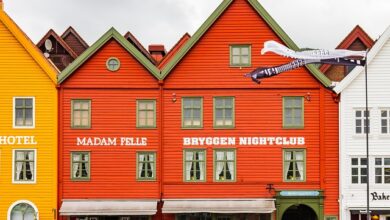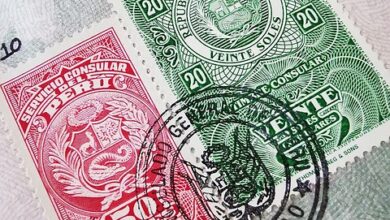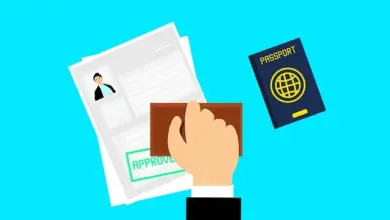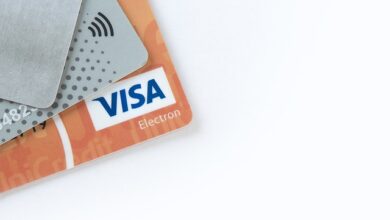How to Apply for Belgian Citizenship by Descent
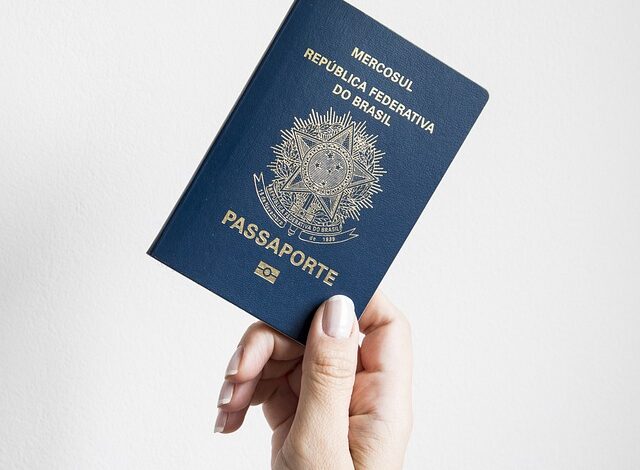
Belgian citizenship by descent, also known as jus sanguinis (right of blood), allows individuals to acquire Belgian nationality through their parents or grandparents. If you have Belgian ancestry, you may be eligible to apply for citizenship. Below is a comprehensive guide on the eligibility criteria, application process, required documents, and important considerations.
1. Eligibility Criteria
To qualify for Belgian citizenship by descent, you must meet one or more of the following conditions:
a. Born to a Belgian Parent
- If either of your parents is a Belgian citizen at the time of your birth, you are automatically considered a Belgian citizen by descent.
- This applies regardless of where you were born (inside or outside Belgium).
b. Adopted by a Belgian Citizen
- Children adopted by a Belgian citizen before turning 18 may acquire Belgian nationality under certain conditions.
c. Grandparents with Belgian Citizenship
- In some cases, you may claim Belgian citizenship if one of your grandparents was Belgian, provided specific legal requirements are met (see below).
d. Loss of Belgian Nationality
- If your parent lost Belgian nationality before your birth but would have been eligible to pass it on, you might still qualify under special provisions.
2. Key Considerations
Before proceeding with an application, keep these points in mind:
- Dual Citizenship: Belgium allows dual or multiple citizenships, so you do not need to renounce your current nationality.
- Automatic vs. Application-Based Citizenship:
- If you were born to a Belgian parent after 1984, you likely already hold Belgian citizenship automatically. You simply need to register and obtain proof of nationality.
- For older cases or claims based on grandparents, you may need to formally apply for recognition of citizenship.
3. Steps to Apply for Belgian Citizenship by Descent
Step 1: Gather Documentation
Collect all necessary documents to prove your connection to Belgian ancestry. These typically include:
- Birth certificates of yourself, your parents, and possibly your grandparents.
- Marriage/divorce certificates (if applicable).
- Proof of Belgian nationality of your ancestor(s), such as:
- A Belgian passport or identity card.
- Naturalization papers (if they became citizens).
- Census records or other official documents showing residence in Belgium.
Step 2: Verify Your Ancestral Line
Determine which ancestor qualifies you for Belgian citizenship:
- If claiming through a parent: Confirm their Belgian nationality at the time of your birth.
- If claiming through a grandparent: Check whether they transmitted Belgian nationality to your parent, who then passed it to you.
Step 3: Contact the Belgian Authorities
Reach out to the appropriate authority depending on your situation:
- Consulate or Embassy: If you live abroad, contact the nearest Belgian consulate or embassy.
- Municipality Office: If you reside in Belgium, visit the municipal administration office (“commune” in French, “gemeente” in Dutch) where your Belgian ancestor lived.
Step 4: Submit Your Application
Prepare and submit your application package, including:
- Completed forms (provided by the consulate or municipality).
- Original copies of supporting documents (translated into French, Dutch, or German if not already in one of these languages).
- Payment of any applicable fees (varies by location and case complexity).
Step 5: Await Processing
Processing times vary depending on the complexity of your case and the workload of the authorities. It can take several months to over a year.
4. Special Cases
a. Claiming Through Grandparents
If your claim is based on a grandparent’s Belgian nationality, additional steps may be required:
- Prove that your grandparent held Belgian nationality when your parent was born.
- Demonstrate that your parent retained Belgian nationality until your birth.
b. Recovering Lost Citizenship
If your parent lost Belgian nationality due to naturalization in another country before your birth, you may still qualify under Article 24bis of the Belgian Nationality Code. Consult a lawyer specializing in Belgian nationality law for guidance.
c. Stateless Individuals
If you are stateless and have Belgian ancestry, you may have special pathways to acquiring citizenship.
5. Required Documents
Ensure you have the following documents ready:
- Your Birth Certificate: Certified copy with apostille/legalization if issued outside Belgium.
- Parental/Genealogical Records: Birth, marriage, and death certificates of ancestors.
- Proof of Belgian Nationality: Passports, ID cards, or naturalization papers of your Belgian ancestor(s).
- Translation and Legalization: Non-Belgian documents must be translated into French, Dutch, or German by a certified translator and legalized/apostilled if necessary.
- Application Forms: Provided by the consulate or municipality handling your case.
6. Costs Involved
Fees depend on the type of application and the processing body:
- Administrative fees for document verification and registration.
- Translation and legalization costs (if applicable).
- Potential legal fees if hiring a lawyer to assist with complex cases.
7. After Approval
Once your application is approved:
- Receive a certificate of Belgian nationality.
- Apply for a Belgian national identity card and/or passport.
- Register with the local municipality if residing in Belgium.
8. Frequently Asked Questions
Q: Can I apply for Belgian citizenship if my grandparent was born in Belgium?
Yes, but only if your grandparent transmitted Belgian nationality to your parent, who then passed it to you. Detailed documentation is required.
Q: What if my Belgian ancestor died before I was born?
You can still qualify if they held Belgian nationality at the time of their death and transmitted it to your parent.
Q: Do I need to speak French, Dutch, or German to apply?
No language proficiency is required for citizenship by descent. However, knowledge of one of Belgium’s official languages may help during interactions with authorities.
Q: Can I move to Belgium immediately after obtaining citizenship?
Yes, as a Belgian citizen, you have the right to live, work, and study in Belgium without restrictions.
9. Tips for Success
- Start Early: Gathering historical records can take time, especially if documents are stored internationally.
- Seek Professional Help: For complicated cases, consult a lawyer experienced in Belgian nationality law.
- Double-Check Requirements: Ensure all documents are complete, accurate, and properly authenticated.
